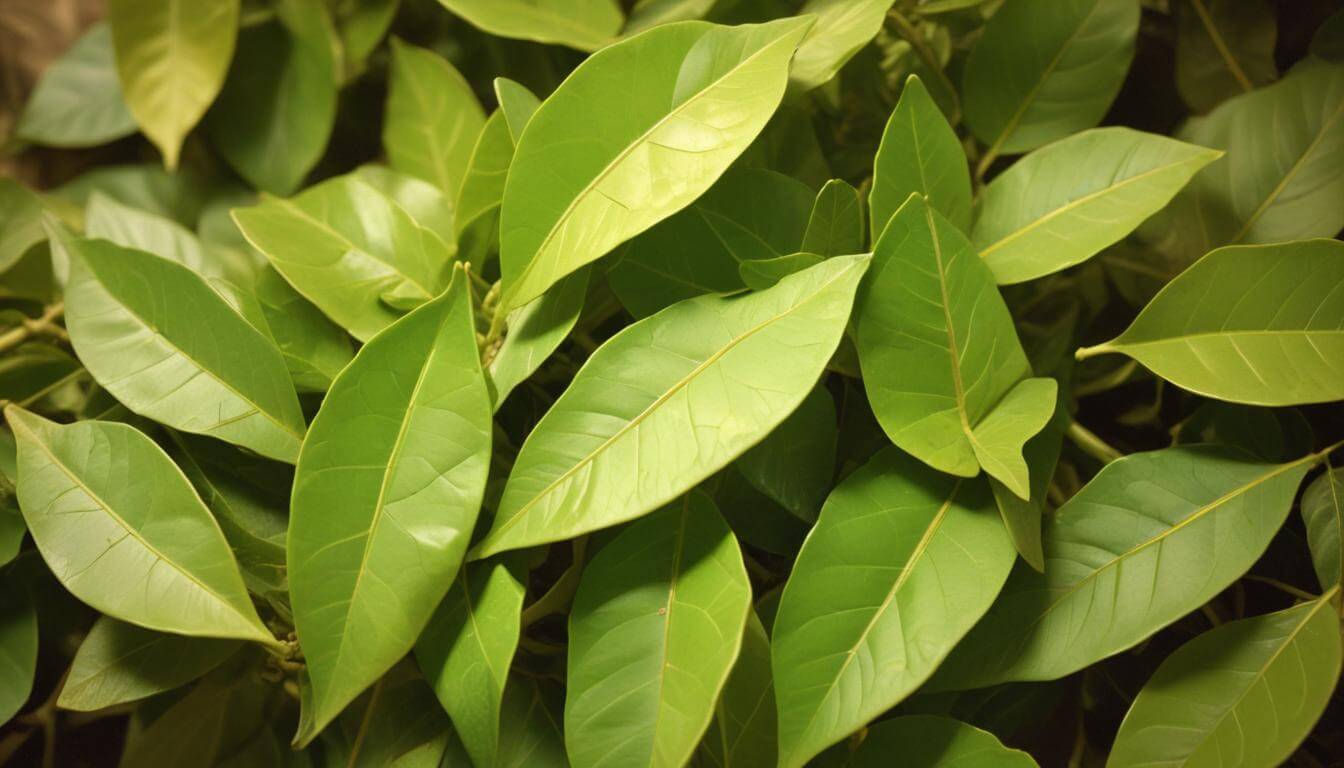In the heart of South America, Bolivia is fervently striving to gain international recognition for its traditional coca leaf products. The Bolivian government has embarked on a mission to decriminalize the coca leaf and promote its non-narcotic benefits globally. This initiative could open new markets for coca-related products and honor the cultural heritage of the country’s Indigenous communities.
The revival of an ancestral tradition
The coca leaf, often associated with cocaine production, holds significant historical and cultural importance for many Indigenous groups in Bolivia. It has been used for medicinal purposes, religious rituals, and as a natural stimulant to combat altitude sickness and hunger for centuries. The renewed effort to highlight its positive attributes aims to shift perceptions away from its controversial associations with illicit drugs.
Governmental efforts to change global views
The Bolivian government’s current drive to get the United Nations to decriminalize the coca leaf is not a new endeavor but rather the continuation of years-long advocacy. By emphasizing cultural significance and potential health benefits, officials hope to convince the global community of the legitimacy and value of coca-based products. A recent decision by the World Health Organization to explore coca’s non-narcotic benefits has provided newfound optimism among producers and sellers.
Economic opportunities for local communities
Legal businesses like El Viejo Roble distillery in La Paz have already begun transforming coca leaves into innovative products such as liquor and beer. These endeavors symbolize a burgeoning industry that mixes tradition with a modern entrepreneurial spirit. Such initiatives appeal to local consumers and aim to attract international interest.
The hope for exportation
Lizzette Torrez, leader of one of Bolivia’s main coca-grower unions, expresses a collective aspiration shared by many: the desire to see their products reach foreign markets. For Bolivian farmers and producers, exporting coca-based goods could lead to significant economic opportunities, fostering greater financial stability within their communities.
Challenges and prospects
Despite the potential benefits, the path forward is fraught with challenges. Strict international drug control policies pose considerable barriers, requiring persistent diplomatic efforts and compelling scientific evidence to facilitate legal changes. Bolivia must navigate these complex regulations while working to dissociate the plant from its notorious reputation.
Potential impacts on Indigenous cultures
Success in this venture would also mean broader recognition and respect for Indigenous traditions tied to the coca leaf. Global awareness might inspire other nations to examine culturally significant plants and their proper place within contemporary society.
The future of Bolivia’s coca industry
Bolivia’s coca industry must adopt sustainable farming and production practices to ensure long-term success. This involves educating farmers on environmentally friendly cultivation techniques and ensuring product development aligns with local customs and global market standards.
Promoting scientific research
Encouraging ongoing scientific research into the beneficial properties of the coca leaf will be crucial for legitimizing its use in diverse applications. Studies focusing on its medicinal benefits, nutritional value, and potential uses in various industries can build a solid foundation for broader acceptance and commercialization.
Bolivia stands at a crossroads in its bid to reshape the global narrative around the coca leaf. By promoting its cultural heritage and exploring the untapped potential of coca-related products, the country hopes to create new economic opportunities while preserving ancient traditions. Whether or not the world will embrace this vision remains uncertain, but the journey has undeniably rekindled age-old aspirations among Bolivia’s dedicated farmers, producers, and entrepreneurs.





